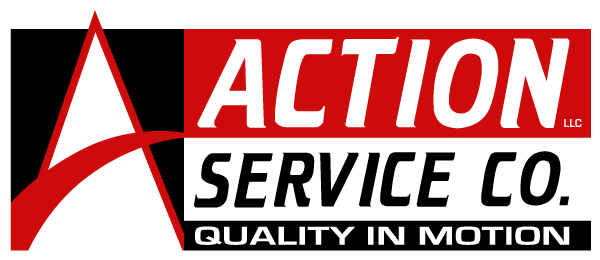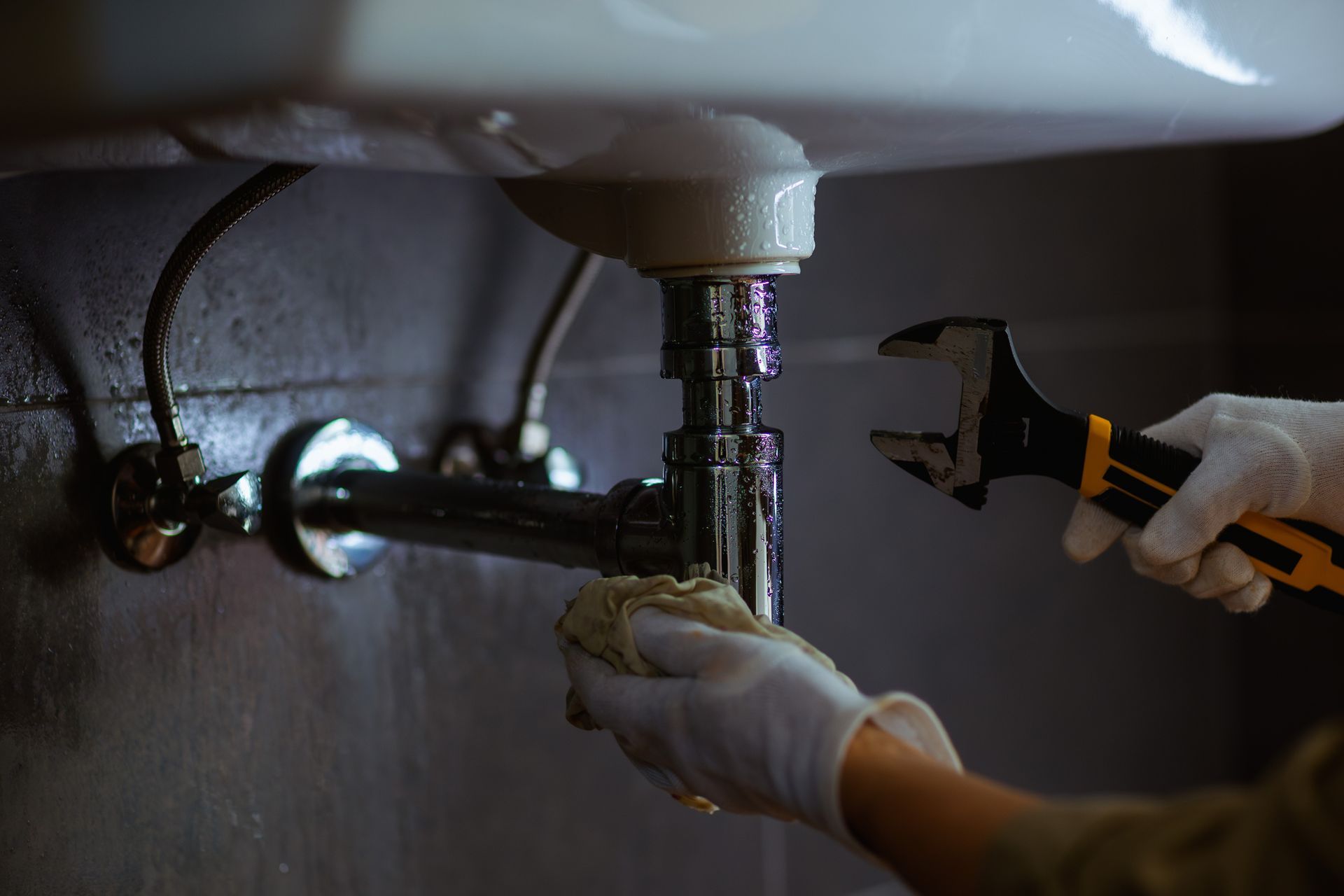General Contractor: #58097 Plumbing: #9140 PH1&3 Public Utilities Contractor: #58097 PU Well Contractor: #NCWC 3858-D Electrical: SP.PH.33164
Call Us! (704) 872 4747
General Contractor: #58097 Plumbing: #9140 PH1&3 Public Utilities Contractor: #58097 PU Well Contractor: #NCWC 3858-D Electrical: SP.PH.33164
Call Us! (704) 872 4747
Site Navigation
Business Hours
Mon - Fri: 7:30 am to 4:30 pm
Sat - Sun: Closed
General Contractor: #58097 Plumbing: #9140 PH1&3 Public Utilities Contractor: #58097 PU Well Contractor: #NCWC 3858-D Electrical: SP.PH.33164
Content, including images, displayed on this website is protected by copyright laws. Downloading, republication, retransmission or reproduction of content on this website is strictly prohibited. Terms of Use
| Privacy Policy







